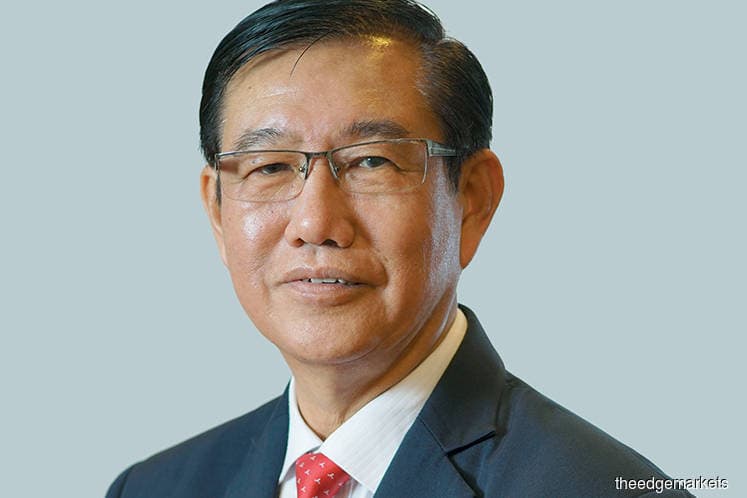
This article first appeared in The Edge Malaysia Weekly on December 25, 2017 - December 31, 2017
THE 2017/18 Economic Report says the economy will remain resilient next year, with real gross domestic product expanding 5% to 8.5% (2017: 5.2% to 5.7 %), led by domestic demand. The construction industry is forecast to grow 7.5% (2017: 7.6%), supported by ongoing infrastructure projects. On the surface, indicators are favourable that the construction sector will do reasonably well next year. However, it is facing a few concerns and challenges that need to be highlighted — higher material costs, manpower issues, the Goods and Service Tax (GST) and cash flow issues.
One cannot deny that the business environment is tough. Building materials, like any other goods, are subject to supply and demand. Steel bar prices have normalised due to a slowdown in demand in the local market and external factors, such as China slowing down its construction activities. The imposition of the safeguard duty on imported steel bars has raised the cost. The duty for rebar is 13.42% for the year ending April 13, 2018, followed by 12.27% and 11.1% in the next two years respectively. The duty on steel wire rods and deformed bar in coils starts at 13.9% for the year ending April 14, 2018, and falls to 12.9% and 11.9% in the two subsequent years.
Another major building material is cement. Cement prices have been stable due to the oversupply situation.
Overall, the prices of building materials have been stable with the exception of steel bars, which saw some fluctuation. MBAM wants stable prices and supply chain so members can conduct their business smoothly. Although the GST has benefited the country, it is hoped it can be waived for construction materials for the development of affordable housing priced at RM500,000 and below, to help reduce house prices.
The main challenge next year will be the cost of doing business. We hope the government will look into the cost of policy adoption by the private sector before implementing any new policies. Better regulatory impact assessments should be carried out to ensure stakeholders are not caught off guard and faced with higher costs that will erode already thin construction profit margins. The Employment Insurance Scheme (EIS) will see the employer and employee contributing 0.2% of the employee’s salary to Social Security Organisation (Socso) to help tide over retrenched workers for the first six months.
The Employers Mandatory Commitment (EMC) is a system that makes employers fully responsible for their foreign workers, from the time of their appointment to when they leave the country. However, the EMC has added a direct cost for employers of RM7,000 per worker, which includes a levy of RM1,850 collected by government and other expenses for passport, medical, security vetting, processing and local agency fee. All these expenses were previously borne by the workers and recovered through monthly deductions.
All the infrastructure spending announced in Budget 2018 will mean that the construction industry needs enough manpower to complete projects on time and on budget. There should be a realistic understanding that the industry needs workers to fill the demand-supply gap for manpower. As such, MBAM hopes the policy on the employment of workers can be considered in a holistic manner so the aspirations of the public and the private sector can be satisfied.
The Construction Labour Exchange Centre Bhd (CLAB) has worked with MBAM since March 2016, to register illegal foreign workers under the rehiring programme, to resolve the labour shortage. However, only a small percentage of workers were eligible for rehiring. In addition, a recent amendment requires all construction site supervisors and skilled construction personnel to be accredited by CIDB.
There is also a need to strategise how local contractors can counter the stiff competition from foreign construction players. These companies have sovereign support, and local players must work with them and learn from them to benefit and thrive despite the competition.
MBAM hopes the government will look into appointing local contractors to undertake mega or special projects instead of awarding them to foreign contractors to take the lead. Foreign experts can be appointed by local contractors if special expertise is required. In this way, we can ensure the proper transfer of technology and use of local consultants and resources where possible. This has been done before — for projects such as the Kuala Lumpur International Airport and Smart Tunnel — and now, local contractors and consultants are able to export their services.
Foo Chek Lee is the president of the Master Builders Association Malaysia
Save by subscribing to us for your print and/or digital copy.
P/S: The Edge is also available on Apple's AppStore and Androids' Google Play.